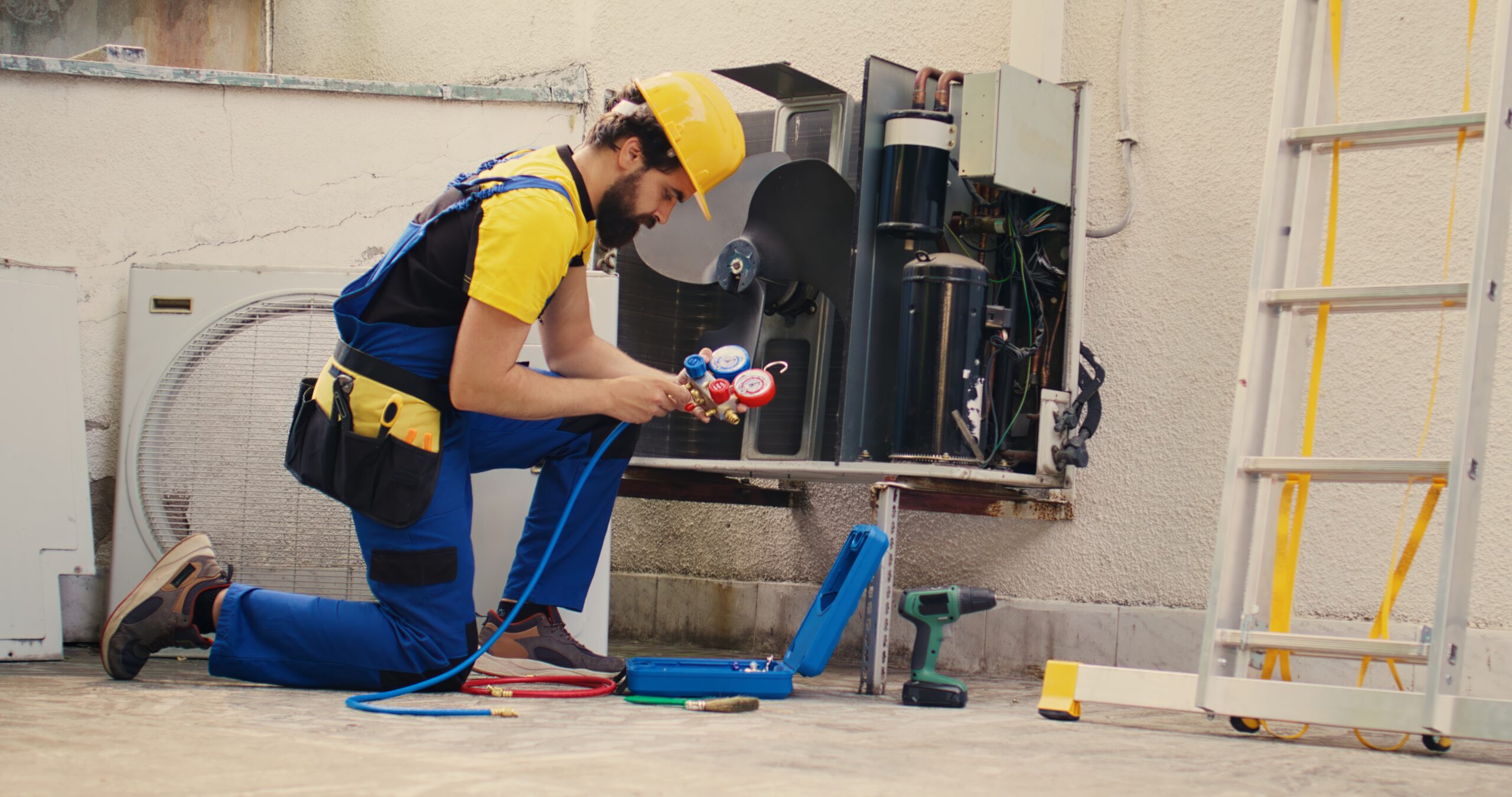A home warranty pays for maintenance and repairs to your home’s systems. Homeowners benefit by obtaining a suitable home warranty policy from a reputable home warranty company because their policy will protect them from unforeseen emergency repair costs and ensure their home systems operate effectively.
There are several different types of home system plans, so it’s crucial to research home warranty companies, consider your property’s purpose, identify your short-term and long-term needs, and perform a cost-benefit analysis on which home warranty plan is right for you.
Learn about home warranty companies and their plans.

Google “home warranty companies in Utah” to learn about home warranty companies in Utah. Reputable warranty companies should include reviews from clients on their websites. You can also supplement their website’s information by reading reviews on other industry sites, such as the Better Business Bureau and Angie’s List. You should also be able to access critical information about their warranty plans and what each plan covers. This will help you understand the difference between plans, ensuring you can choose a plan suited to your needs. For example, a home systems plan only covers critical home systems, such as your plumbing, ducts, and water heater. Still, it does not cover appliances, such as your dishwasher, refrigerator, washer, and dryer. Once you obtain a home warranty plan, you can submit a claim when you need repairs. Once your claim is processed, the home warranty company sends a technician to your residence. When the technician confirms your service contract covers the required work, the technician repairs or replaces the systems or appliances in disrepair.
Consider the purpose of your property and how that affects your home warranty needs.

Homeowners may have different needs. For example, suppose you decided to purchase duck hunting land for sale in Mississippi. In that case, you could choose to build a permanent residence or a vacation property you visit on weekends and holidays. A vacation property may not need the same maintenance level if it isn’t used frequently; however, if you plan to rent your house out as part of a duck hunting tourist package, it will be crucial to ensure your home systems work effectively.
Your home warranty needs may also be affected by your choice to build. Since your home will be brand new, some of the home systems you install may come with a warranty. For example, most water heaters have a six-year warranty covering the tank and parts. Appliances, such as your refrigerator and dishwasher, may also be covered by a manufacturer’s warranty. It’s a good idea to review your warranties to determine which items you need to cover with a home warranty plan.
Identify your short-term and long-term coverage needs.

Your home warranty needs may be affected by your long-term plans. For example, if you purchase a fixer-upper and plan to renovate your property, you may only opt to obtain a home systems plan to cover critical systems.
The level of investment you make in your renovations may also impact your long-term needs. Once you start making upgrades, your warranty needs could change. It’s possible to use affordable kitchen ideas to upgrade your kitchen. While replacing outdated tile backsplash and installing new kitchen cabinets and granite countertops can improve your kitchen’s appearance, these upgrades aren’t covered under home warranty plans. However, when you invest in appliance replacement, you may opt to upgrade your plan to cover your appliances.
Complete a cost-benefit analysis.

Compare the cost of a home warranty with the cost of routine maintenance and repairs. Consider other relevant factors that could have a financial impact. For example, if you have a wood-burning stove in your home, you may be able to heat your house if your heater breaks down during the winter. Still, if you don’t have an alternate heat source, you may need to take your family to a hotel until a technician repairs or replaces your heater. If you rent your property, you may lose revenue if home systems are in disrepair. It’s essential to evaluate the cost of repairs and the cost of lost revenue and other expenses to determine which systems and appliances you should protect with your home warranty plan.
Choosing the best home warranty company and plan involves a lot of research. Identify reputable companies with high customer satisfaction rates. It would be best if you also considered factors such as how often you’ll use your property, whether you plan to rent your property, and whether you have long-term renovation plans that could affect your home warranty needs.


















